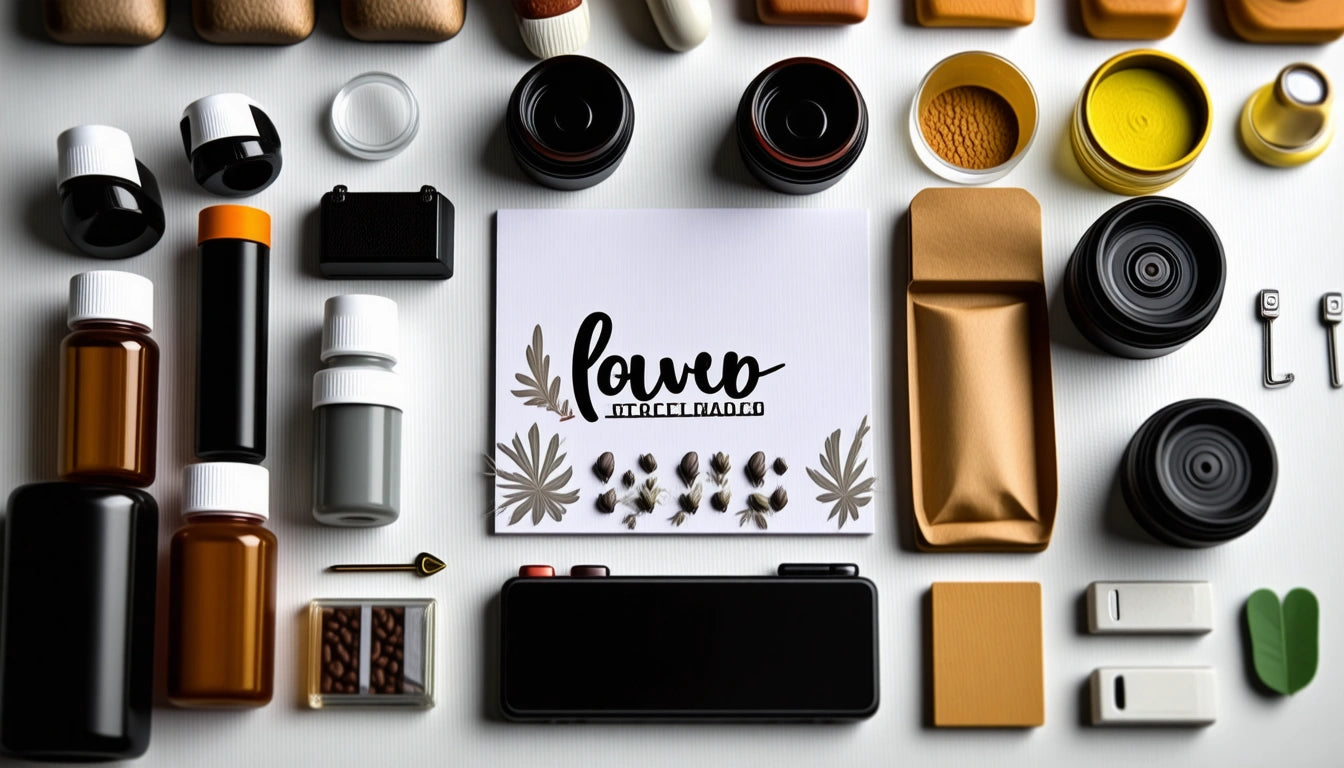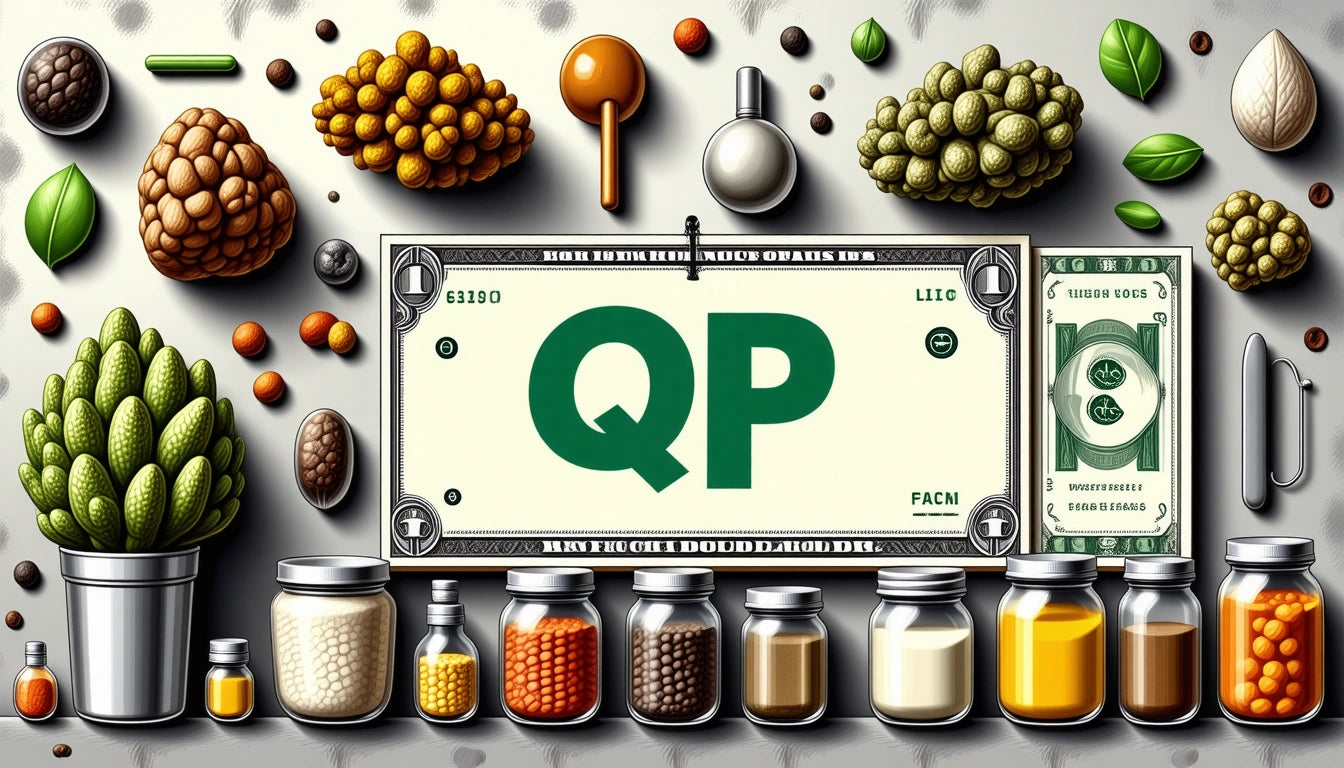Table of Contents
- Federal vs. State Laws: Understanding the Legal Landscape
- TSA Screening Process and Cannabis Products
- Flying with THC Carts: Risks and Considerations
- Traveling with THC Edibles: Lower Risk Option?
- Medical Marijuana Considerations for Air Travel
- International Travel Risks: Why You Should Never Cross Borders
- Practical Travel Alternatives for Cannabis Users
Flying with THC: What You Need to Know About Traveling with Cannabis Products
As cannabis legalization expands across states, many users wonder about the logistics of traveling with their products. Questions like "can you fly with THC carts" or "can you bring a THC cart on a plane" are increasingly common. Despite state-level legalization, the answer remains complicated due to federal regulations.
Federal vs. State Laws: Understanding the Legal Landscape
Cannabis, including all THC-containing products, remains a Schedule I controlled substance under federal law. This classification creates a fundamental conflict for air travelers, as airports and airplanes fall under federal jurisdiction, regardless of state laws.
Key legal points to understand:
- Federal law supersedes state law in airports and on aircraft
- Possession of any amount of THC is technically illegal under federal law
- TSA's primary mission is security, not drug enforcement
- Penalties can range from confiscation to criminal charges
While some states have legalized recreational or medical cannabis, this protection ends at the airport security checkpoint. As our comprehensive guide to flying with cannabis explains, federal law creates significant legal risk.
TSA Screening Process and Cannabis Products
The Transportation Security Administration (TSA) has stated they do not specifically search for drugs. Their screening procedures focus on detecting threats to aviation security. However, if they discover substances that appear to be marijuana or cannabis-infused products during routine screening, they are obligated to report it to law enforcement.
From the TSA's official position:
- Security screening is focused on threats to aviation safety
- TSA officers do not specifically search for cannabis
- If discovered, TSA must report to local law enforcement
- Response varies by location and quantity discovered
Flying with THC Carts: Risks and Considerations
When considering if you can take THC carts through the airport, several factors come into play. Vape cartridges present specific challenges because they contain concentrated THC and electronic components that may trigger additional screening.
For those who use THC vapes while traveling, be aware that:
- Lithium batteries must be in carry-on luggage per FAA regulations
- Vape cartridges are easily identifiable in X-ray machines
- The concentrated nature of carts means higher THC content
- Odor is minimal but packaging may be recognizable
When storing cannabis products for any purpose, proper packaging is essential. Many consumers use smell-proof mylar storage bags to contain product odor and maintain freshness, though this doesn't eliminate legal risks during travel.
Traveling with THC Edibles: Lower Risk Option?
Some travelers believe that flying with THC edibles poses less risk than other cannabis products. While edibles are less detectable by scent and may resemble regular food items, they remain federally illegal if they contain THC.
If you're wondering "can you fly with THC edibles," consider that:
- Edibles are less identifiable visually than flower or vapes
- Commercial packaging may still identify the product as containing THC
- Removing edibles from original packaging raises food safety concerns
- The legal risks remain the same as with other cannabis products
For more specific information about this topic, our guide on flying with THC gummies provides detailed considerations.
Medical Marijuana Considerations for Air Travel
Medical marijuana patients face particular challenges when traveling. Despite having state-issued medical cards, federal law does not recognize medical exemptions for cannabis.
If you're a medical patient wondering if you can take THC on a plane, remember:
- Medical marijuana cards are not recognized under federal law
- Some airports in medical states have specific policies
- TSA has shown some flexibility with medical patients in practice
- Documentation of medical necessity may help in some situations
For patients who rely on cannabis for medical conditions, our medical marijuana travel guide offers important insights on navigating these complexities.
International Travel Risks: Why You Should Never Cross Borders
International travel with cannabis products presents significantly higher risks than domestic travel. Many countries have severe penalties for cannabis possession, including lengthy prison sentences.
Critical international considerations include:
- Cannabis remains illegal in most countries worldwide
- Penalties can include years of imprisonment
- US citizenship provides limited protection abroad
- Even CBD products may be illegal in some countries
The consensus among legal experts is clear: never attempt to cross international borders with any cannabis products, regardless of their legal status at your origin or destination.
Practical Travel Alternatives for Cannabis Users
Rather than risking legal consequences by bringing THC products on flights, consider these alternatives:
- Research legal purchase options at your destination
- Explore legal CBD alternatives where available
- Consider a temporary tolerance break during travel
- For medical users, consult with healthcare providers about temporary alternatives
As cannabis laws continue to evolve, the safest approach is to comply with federal regulations when traveling by air. The inconvenience of not having access to cannabis products for a period is minor compared to potential legal consequences.
While many travelers report successfully bringing cannabis products on flights without incident, these anecdotes should not be taken as evidence of safety or legality. Each instance of traveling with THC involves risk, and travelers should make informed decisions based on current laws rather than others' experiences.











Leave a comment
All comments are moderated before being published.
This site is protected by hCaptcha and the hCaptcha Privacy Policy and Terms of Service apply.